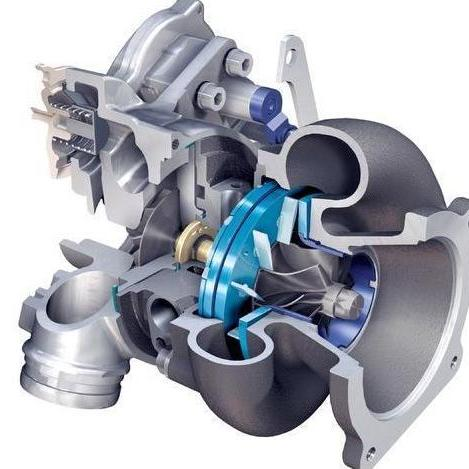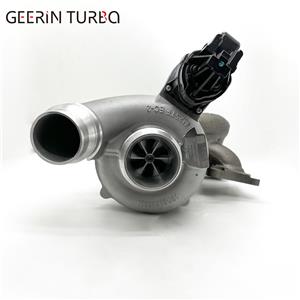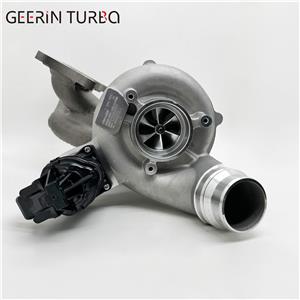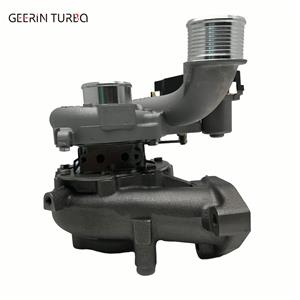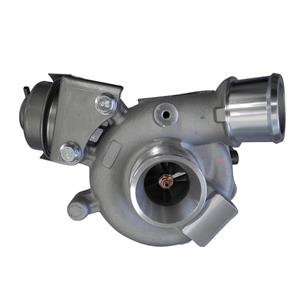Disadvantages of turbocharged gasoline engines
Disadvantages of turbocharged gasoline engines
1. The power output is not linear. The power and torque output of the turbocharger engine changes greatly before and after the turbo starts, and the driving feeling, especially in the low-speed range of the engine, has obvious lag and frustration. In addition, the power and torque decay faster in the high-speed range, that is to say, the output of power and torque is relatively linear in a certain speed range in the middle, and both ends are severely attenuated. This characteristic requires transmissions with more gear ratios to match it, and under a reasonable control program, the range characteristics of its power and torque output can be exerted.
2. The exhaust manifold is high temperature. Because the turbocharged engine needs to use high-temperature waste to drive the compressor turbine, it will artificially create scheduling obstacles, resulting in high temperature at the initial stage of the exhaust manifold, especially in the high-speed range, where the exhaust temperature is high, and the air resistance will cause scheduling differences At the beginning of the tube, a high temperature of thousands of degrees is generated. This high temperature places high demands on the manufacturing process of the components, otherwise the working life of the turbine will be greatly shortened. In addition, this engine is also not suitable for off-road vehicles that work continuously at high revs to get out of trouble and wading driving where there will be an instant cooling.
3. The air intake condition has a great influence on the engine working condition. In a high temperature environment, the intake air temperature is high, the speed of sudden acceleration suddenly increases, the intake air volume suddenly increases, and the gas accumulation volume of the intake manifold has a great impact on the intake stability of the engine. Therefore, in order to provide a relatively constant intake air temperature, many turbocharged engines have liquid cooling intercoolers, and variable intake manifolds (the volume of accumulated air is variable).
4. Large noise and vibration. The compressed oil and gas mixture of the turbocharger engine has high density and strong explosive force, so the noise and engine vibration are correspondingly increased.
5. The working temperature of the cylinder is high. The high working temperature in the cylinder of the turbocharged engine causes a large amount of heat to accumulate around the cylinder wall and the top of the piston. Therefore, the material and process of the piston, cylinder barrel and piston ring are required to be high, and the working stability of the material at high temperature is high. Also demanding. Otherwise, you will have serious problems with high oil consumption, poor cylinder seals, and reduced cylinder pressure. Therefore, even if many turbocharged engines of Volkswagen superchargers use oil with high viscosity such as 0W-40, the problem of excessive oil consumption and power drop cannot be avoided.
